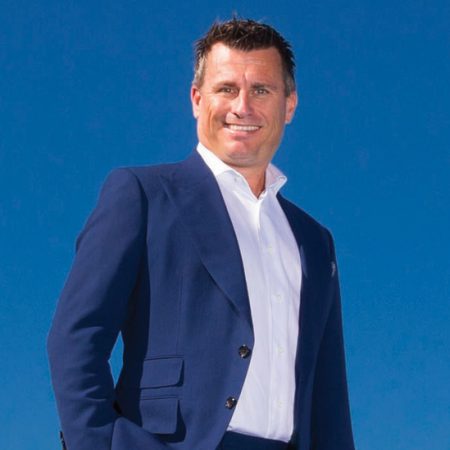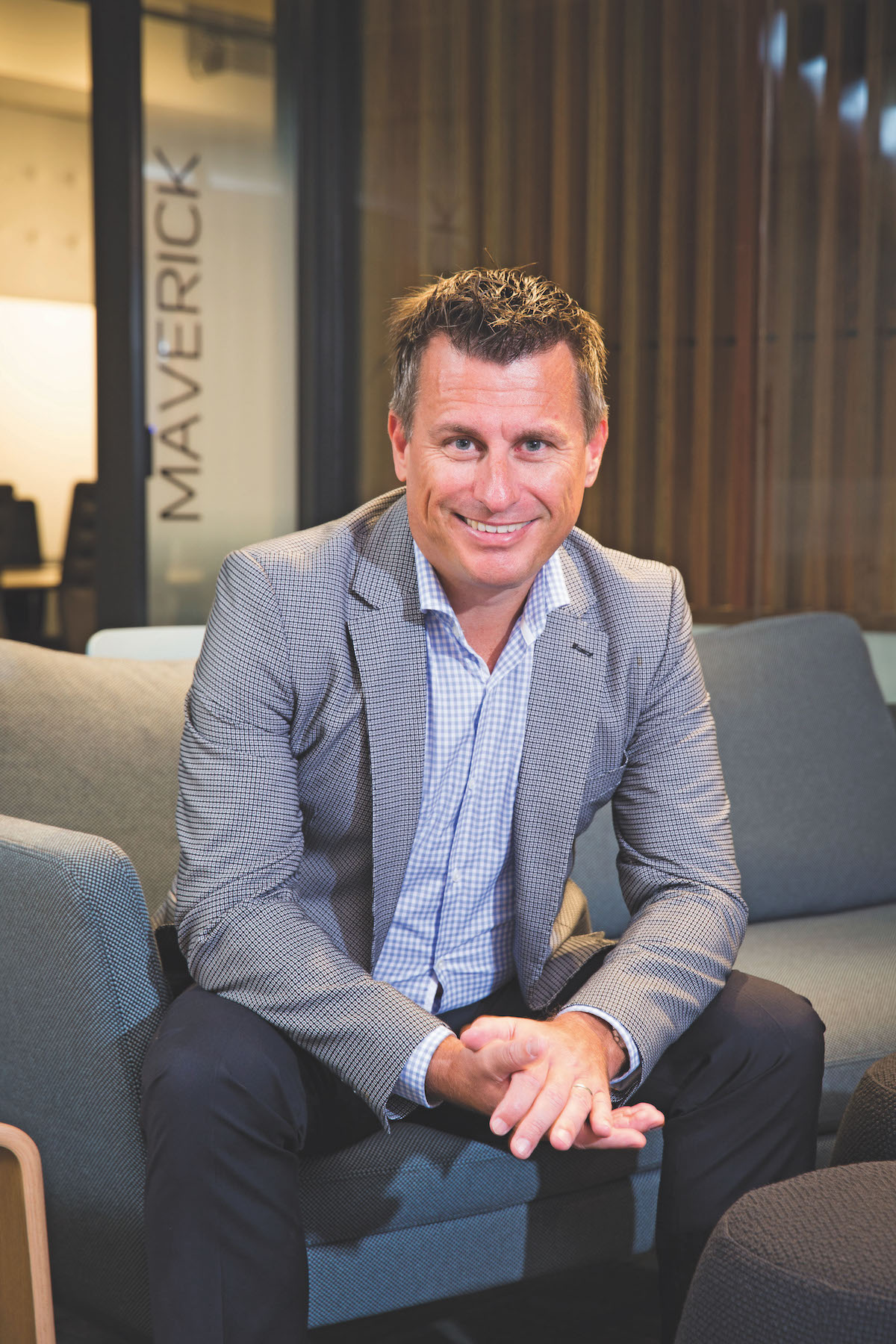
Ground controller: Glenn Rutherford, CEO of Aerocare
Ground controller: Glenn Rutherford, CEO of Aerocare https://csuiteold.c-suitenetwork.com/wp-content/uploads/2017/09/ground-controller-glenn-rutherford-ceo-of-aerocare.jpg 450 450 C-Suite Network https://csuiteold.c-suitenetwork.com/wp-content/uploads/2017/09/ground-controller-glenn-rutherford-ceo-of-aerocare.jpg
From baggage handler to CEO — the incredible rise of Glenn Rutherford.
Back when Glenn Rutherford was baggage handling and cleaning aircraft for Aerocare at Newcastle Airport, he never thought for a moment he’d end up running the company. He was studying chemical engineering at the time, and working part time on weekends to support himself. And while he could have just gone through the motions, counting the minutes until the end of each shift, Glenn took it upon himself to enhance the efficiency of Aerocare’s satellite operation.
“Over the course of my time there, I sought to do things to improve the business, just as a regular worker,” he reveals. “I introduced software programs like basic spreadsheets for rosters, and a database to better manage fuel.” Naturally, his resourcefulness didn’t go unnoticed. He was swiftly promoted to supervisor and then manager, while still working just three days a week.
“I was then made redundant when the customer we had cancelled its contract,” Glenn reveals. “But I stayed in touch with the company, and three months later I was asked if I’d jump back in and give them a hand. Up until that point, I’d never planned on following this path. We’d lost the contract and I was starting a new career. But when this opportunity presented itself, I thought, ‘I like the business and I think it’s got potential, so I’m in.’”

Just like that, Glenn moved to Sydney and became CEO of Aerocare. “Yes, I guess it was an unusual start,” he grins, thinking back to 1997. “We had about 35 staff then and it was certainly challenging to begin with.” Two decades on, and Aerocare now has more than 3,000 employees and is the leading airport ground-handling company in Australia and New Zealand.
Glenn explains that Aerocare’s moment of truth came four years after he took charge. “Our primary customer, Impulse Airlines, was bought by Qantas, so we found ourselves without a contract but with a bunch of capability and spare equipment.
Meanwhile, Virgin Blue, now Virgin Australia, was looking to fill the void left by the collapse of Ansett, and it asked us to take over the operations of its Canberra Airport launch. “We were invited on a Friday and were operating by the Sunday. A project of that scale would typically take weeks and we completed it in 36 hours, as per the deadline. We secured a further six contracts almost immediately because of that success.”
As well as consolidating Aerocare’s partnership with Virgin Australia, the experience in Canberra inspired Glenn to strengthen the company’s position on the domestic front. “Our multinational competitors were focusing on international airlines and cargo, so we thought we would put our focus into the largely insourced and ‘hard to get through’ domestic market,” he explains.
“We believed we could add value in that local space based on what we’d experienced in Canberra and through the subsequent contracts we picked up with Virgin Australia and later the Qantas Group, Tigerair, and internationals like Singapore Airlines and Qatar.”
“We wanted to build a robust platform before moving to international operations, and that direction has been crucial to our growth. “Asia is the largest-growing aviation region on the planet. It’s inevitable we’ll be there; we’ll…



